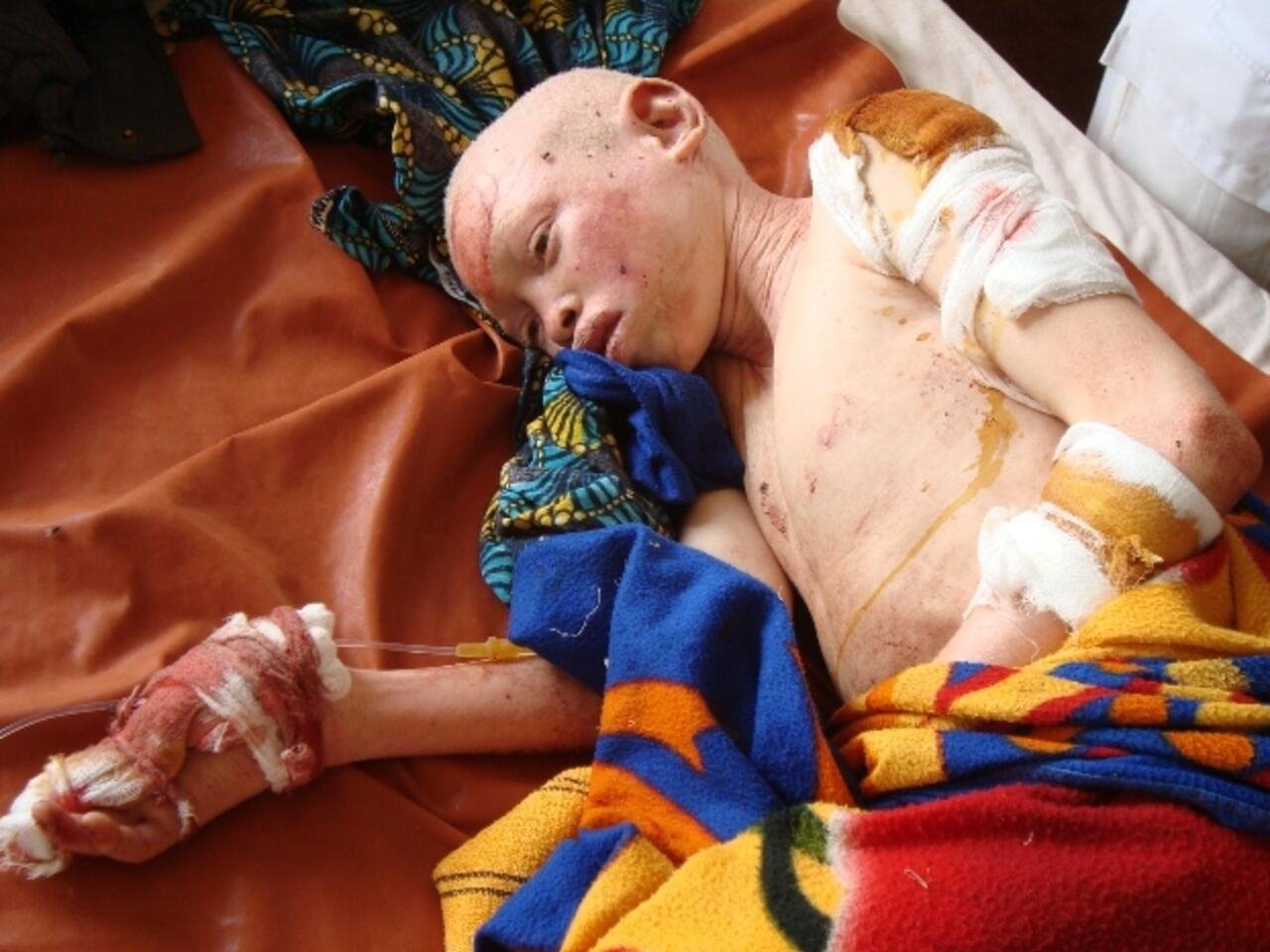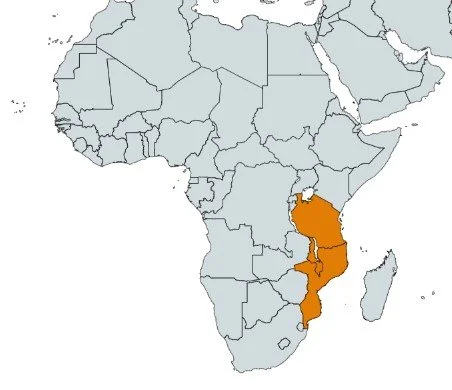Human trafficking / Shadows of Superstition: The Plight of Albinos in Tanzania, Malawi and Mozambique.
Key Updates
Albino children and adults living in Tanzania, Malawi and Mozambique face the constant threat of attack, and social exclusion due to prejudices and superstitious beliefs linked to witchcraft, regarding the colour of their skin.
Tanzania has one of the highest rates of albinism in the world.
Gold Mercury International urges the Tanzanian, Malawi and Mozambique governments to do more to end the violence and discrimination against this group and create specific legislation and increased local-level advocacy on organ trafficking to protect people with albinism.
By GLOGO® Editorial Team.
Updated 2 min ago.
12th April 2024
HERE’S WHAT TO KNOW
The albino situation in Africa is “a tragedy.” 7,000 to 10,000 albinos in Malawi and thousands of others in Tanzania, Mozambique and other countries are “an endangered people” facing a risk of extinction if nothing is done. Tanzanians call albinos zeru zeru, meaning “ghosts.”
BASIS FOR ISSUING THE GLOBAL GOVERNANCE ALERT - THE CASE OF TANZANIA
In the golden rays of the Tanzanian sun, amidst the vibrant tapestry of its landscapes, lies a shadowy truth, one that haunts the lives of a marginalized community: the albinos. Born without the protective cloak of melanin, they stand out amidst a sea of pigmented skin, their pale complexion a stark contrast to the rich hues of their surroundings. Yet, it is not their appearance alone that sets them apart; it is the specter of superstition and violence that casts a dark pall over their existence.
Tanzania, known for its breathtaking savannas and the majestic peaks of Kilimanjaro, harbors a chilling statistic: it boasts one of the highest rates of albinism in the world. Here, amidst the beauty of the landscape, 1 in every 1,400 people are born with albinism, a staggering figure compared to the global average of 1 in 20,000. But behind this statistic lies a harrowing tale of persecution and fear.
Driven by ancient beliefs steeped in superstition, some within Tanzanian society view albinos as harbingers of fortune. Witch doctors, exploiting these entrenched beliefs, perpetuate a gruesome trade, seeking the body parts of albinos to fashion into potent charms and potions. Arms, legs, and fingers become sought-after commodities in a macabre market of superstition, where human life holds little value against the promise of prosperity.
The United Nations, in its somber documentation, reveals a chilling reality: out of 72 documented cases of murder targeting albinos since the turn of the millennium, only five perpetrators have faced justice. The wheels of justice grind slowly, if at all, in a system plagued by corruption and apathy, leaving the victims and their families bereft of closure or retribution.
Against this backdrop of darkness, the albino community in Tanzania struggles to find solace and safety. Children grow up in a world where their very existence is a potential death sentence, where the shadows whisper of danger lurking around every corner. Parents live with the constant dread of their loved ones falling prey to the insatiable greed of those who seek to exploit their vulnerability.
Activists and advocates, both within Tanzania and beyond its borders, raise their voices in solidarity with the albino community. Organizations such as the Under the Same Sun foundation work tirelessly to raise awareness, provide support, and advocate for the rights of albinos in Tanzania and beyond.
Education emerges as a powerful weapon in the fight against superstition and ignorance. Through initiatives aimed at dispelling myths and fostering understanding, progress is made, however gradual. Schools become bastions of enlightenment, where the next generation learns to embrace diversity and reject the toxic legacy of superstition.
But the road ahead remains fraught with challenges. As long as entrenched beliefs persist, as long as the specter of superstition looms large, the albino community of Tanzania will continue to live in the shadows, their lives hanging in the balance between hope and despair.
In the heart of Tanzania, amidst the breathtaking beauty of its landscapes, a stark truth remains: until the day when superstition yields to enlightenment, the shadows will continue to claim their toll, and the plight of albinos will endure as a stain on the conscience of humanity.
RELATED STATUS ALERT DOCUMENTARIES | ABC NEWS
GEOLOCATION - AFRICA
Zambia, Malawi, Mozambique
SUPERSTITION PRECEDENTS INVOLVING HUMAN SACRIFICE
+ Human Sacrifice in Aztec Culture 1500s
+ Witch-Hunts 1489
+ Voodoo Rituals
Witch Hunts across Europe in 1450 to 1750, resulting in an estimated 35,000 to 50,000 executions.
AUDIO VERSION - LISTEN TO THE GLOBAL GOVERNANCE ALERT





